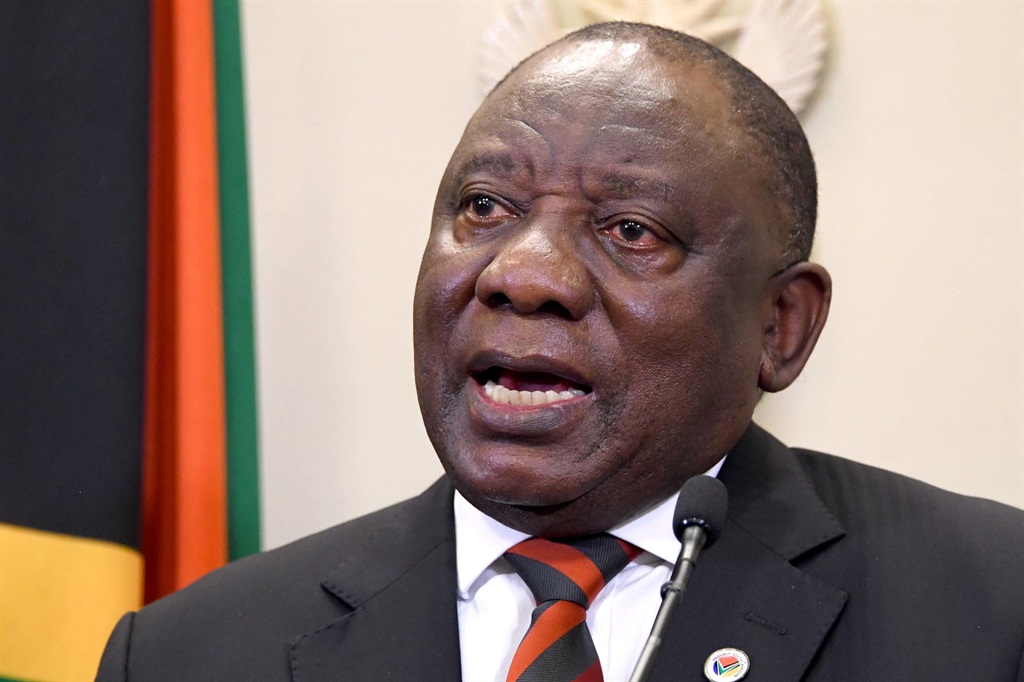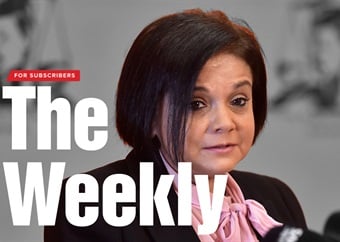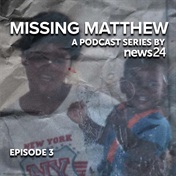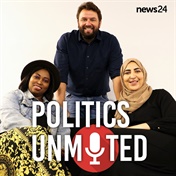
- President Cyril Ramaphosa has called for an end to intimidation of journalists.
- World Press Freedom Day is on 3 May.
- Journalists must be able to report "without fear or favour", the president has said.
The South African media has played a pivotal role in uncovering incidents of state capture, President Cyril Ramaphosa has said.
In a statement released on World Press Freedom Day, Ramaphosa noted that the media had exposed "much of what we know today about the true extent of capture of the state by self-serving, corrupt individuals and entities".
"They sustained their reporting even in the face of intimidation, disinformation and attacks on their person," he said.
The statement was issued days after Ramaphosa appeared before the State Capture Inquiry.
On Thursday, he commended the role the media played in probing state capture allegations and bringing such issues to light.
World Press Freedom Day, celebrated on 3 May annually, was proclaimed by the UN General Assembly in 1993, following the adoption of a recommendation at the 26th session of Unesco's general conference in 1991.
The 2021 commemoration coincides with the 30th anniversary of the Windhoek Declaration for the Development of a Free, Independent and Pluralistic Press. The seminar in 1991 served as a catalyst to encourage press freedom, independence and pluralism in Africa and other parts of the world.
READ | Ramaphosa praises media for 'patriotic role' in investigating state capture
In his statement, Ramaphosa added that journalists still faced many challenges in the line of duty. He referenced the recently published 2021 World Press Freedom Index by Reporters without Borders. In the latest report, South Africa is ranked 32nd out of 180 countries, with the state of media freedom in South Africa described as "guaranteed but fragile".
Ramaphosa said:
In 2021, journalists are facing increased attacks, including imprisonment, torture, and murder.
In South Africa, journalists are attacked, harassed online by cyberbullies, receive death threats and - women journalists especially - are often targeted by party political supporters, the South African National Editors' Forum (Sanef) said.
"Sanef believes journalists have played a significant role for the public good, especially under the Covid-19 pandemic. We will continue to campaign for media that is ethical and truthful at our upcoming ethics conference later this month," it said in a statement.
Government Communication and Information Services (GCIS) director-general Phumla Williams said this year's commemoration was a call to affirm the importance of valuing information as a public good.
Williams said:
If the media is to remain true to its responsibility to support democracy, journalists must be able to report "without fear or favour" on the other issues of the day, Ramaphosa said.
"Their sustained coverage must include gender-based violence, crime in our communities, and social ills like substance abuse. Our media should provide accurate and impartial information, enabling the public to make informed decisions, to access opportunities and to improve their lives.
"They should continue to produce journalism that goes beyond the headlines and front pages, and that contributes to human development. [They] should report both the good news and the bad news, the progress we make and the challenges we face," he said.
Do you want to know more about this topic? Sign up for one of News24's 33 newsletters to receive the information you want in your inbox. Special newsletters are available to subscribers.




















